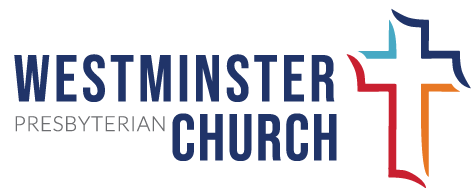In Richard Foster’s book, Life With God, he posits that one of The Bible’s major thematic threads is God’s message to His people, “I am with you. Will you be with me?” Each of us is, in one form or another, answering this question several times each day. We answer “yes” when we open ourselves to the eternal love and grace of God, living as disciples of Christ. We answer “no” when we reject the love found in Christ in preference of sin and temporary pleasures. It is within these bounds that we meet the next developmental stage.
Erikson’s second developmental stage is labeled Autonomy vs. Shame and Doubt. In this stage, children are learning the power of their actions and choices. ‘What happens if I do this?’ ‘What happens if I say that?’ think the terrible twos. Personality is beginning to develop and we see a growing sense of independence in this stage. A healthy sense of autonomy will bring independence and an improved understanding of the consequences of actions. A less successful navigation of this stage will result in, as Erikson puts it, feelings of shame and doubt. An underlying sense of self-consciousness at one’s actions can develop in this stage, as well as feelings of being ‘out of control.’
Theologically speaking, this is a tricky stage to articulate in terms of our faith. We do of course believe in a powerful and wholly capable God who, as Isaiah 55 puts it, is “higher” than us in both thought and action, and that we as his creation are subject to the creator. Yet we also believe that he has blessed us with free will, is responsive to our needs, and teaches that “all who ask receive.”
Let me first begin with the dangers. If I believe that I am simply subject to the power of God with no will of my own, it is possible for God to seem both cold and distant, unable to relate to my human struggles. I am likely to become rigid, driven by religious performance, ashamed of my doubts or failures. However, if I believe that God’s invitation is to bring the entirety of my life (my strengths, weaknesses, successes and failures) into relationship with him, then I learn that my choices and actions can be valuable and important in the Kingdom of Christ.
God is indeed with us. Do we choose to be with him?
As I mentioned, this is a particularly tricky stage to work through with students. Yes, our God is wholly powerful, but he is also wholly loving, and spent 30 some years wholly human. The accounts of God’s relationships that we find in scripture tell a story of a God who is responsive to his people, seeking their benefit through both reward and redirection. It is important that we as a church are open to God’s strength, power and limitless action while also welcoming that action in our very lives. Our encouragement to students and members alike is to accept Christ’s invitation to “Come.” Our desire is to see this community making the choice to open their lives to Christ’s action within them.
Next week we’ll ask the question: What are you capable of?
blog comments powered by Disqus